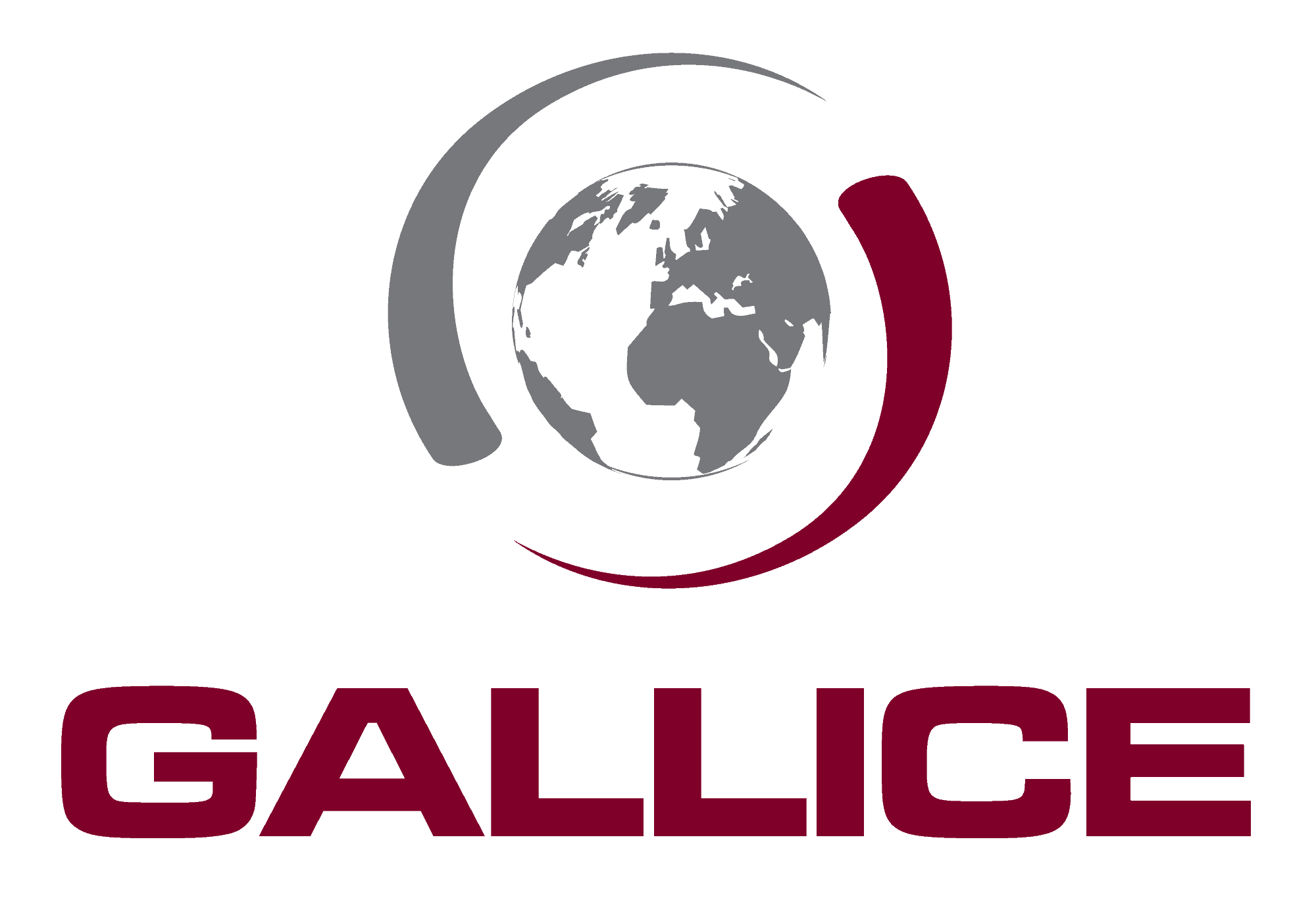AFGHANISTAN
Since the Taliban’s takeover in 2021, Afghanistan has remained deeply unstable, plagued by internal conflicts and geopolitical tensions with neighbouring countries. Following the swift collapse of the US-backed Afghan government, the national army disintegrated, paving the way for the return of Taliban rule. This regime, which enforced a strict version of Islamic law in the 1990s, has reinstated an authoritarian grip over the country, with dramatic repercussions for human rights, particularly for the situation of women.
By 2025, although the Taliban have consolidated their hold on power, armed opposition groups continue to pose a threat, notably the Islamic State – Khorasan Province (IS-K), which is waging a persistent insurgency against the Taliban regime. Clashes between these two groups have caused significant civilian casualties and continue to destabilise the country.
Meanwhile, the influence of major regional powers — Pakistan, Iran, China, and Russia — remains palpable, with each seeking to exploit the situation to strengthen its geopolitical standing in the region. The Taliban regime has entered into advanced negotiations with Russia and preliminary talks with China to conduct trade in local currencies, thereby reducing their dependence on the US dollar.
The plight of Afghan women in 2025 is tragically defined by increasingly harsh restrictions imposed by the Taliban regime. Since 2021, the Taliban have systematically dismantled access to education for women and girls, banning secondary and university-level teaching, as well as medical training, particularly in obstetrics and nursing. These policies have had devastating consequences for public health, worsening maternal and infant mortality rates.
The Taliban have tightened their grip on public life, severely restricting women’s freedom of movement and access to employment, confining them almost entirely to the private sphere. Women are now prohibited from working for NGOs and United Nations agencies, except in specific sectors such as health and education — and even in those fields, restrictions are strict. They are also banned from most public spaces, such as parks, gyms, and beauty salons, and must comply with rigid dress codes. More than 28 million people — a third of the population — required humanitarian assistance in 2023. For 14.7 million of them, this aid was a matter of survival.
The overall security situation in Afghanistan remains deeply concerning. Certain areas remain extremely dangerous and are inaccessible to humanitarian workers. These regions are controlled by extremist groups and are frequently subjected to terrorist attacks. On 12 January 2024, an attack on the Ministry of Foreign Affairs in Kabul killed 33 people — many of them civilians — and injured at least 45 others. Although there have been no specifically targeted attacks against aid workers, reports from Human Rights Watch and Amnesty International underline the inherent dangers of such operations in the region. Humanitarian workers, journalists, and women must be considered particularly vulnerable, often targeted by extremist groups like IS-K or even by Taliban forces themselves.
As for journalists, the Taliban authorities have imposed strict censorship, shut down hundreds of media outlets, and severely limited the work of foreign correspondents (with visas difficult to obtain). Arbitrary arrests are also widespread.
The violent repression of any form of protest and the assaults on human rights make Afghanistan one of the most dangerous countries in the world — not only for its own citizens but also for foreigners present in the country.
Women, in particular, live in constant fear, from social isolation to systemic violence, without any reliable institutional support. Their lives are shaped by ongoing restrictions and growing repression. In January 2025, the Chief Prosecutor of the International Criminal Court requested arrest warrants for Taliban leaders for the persecution of women and girls, qualifying these actions as crimes against humanity.
Women, in particular, live in constant fear, from social isolation to systemic violence, without any reliable institutional support. Their lives are shaped by ongoing restrictions and growing repression. In January 2025, the Chief Prosecutor of the International Criminal Court requested arrest warrants for Taliban leaders for the persecution of women and girls, qualifying these actions as crimes against humanity.
